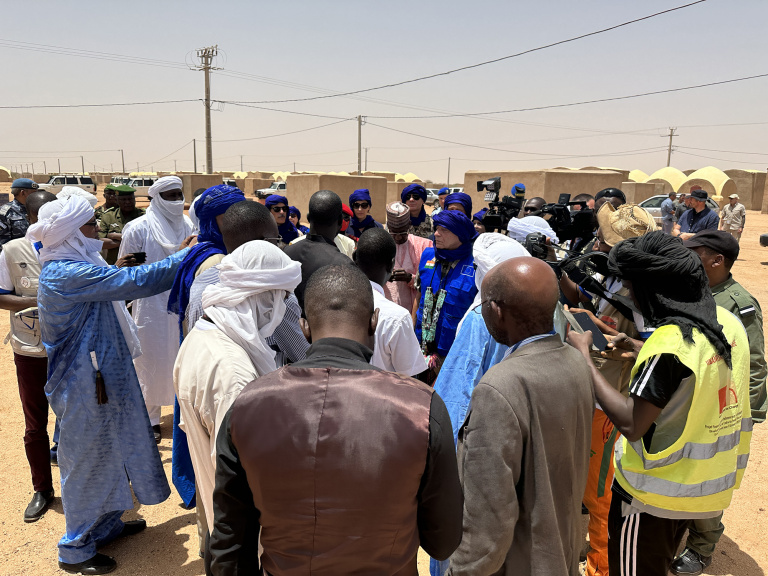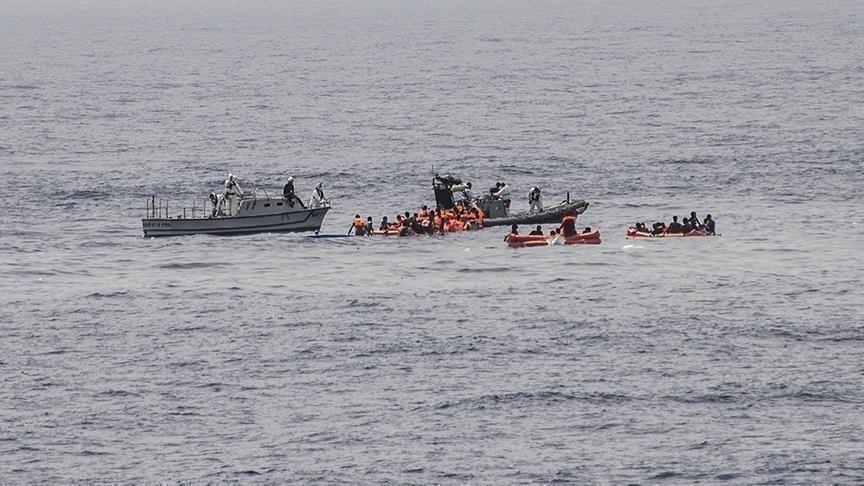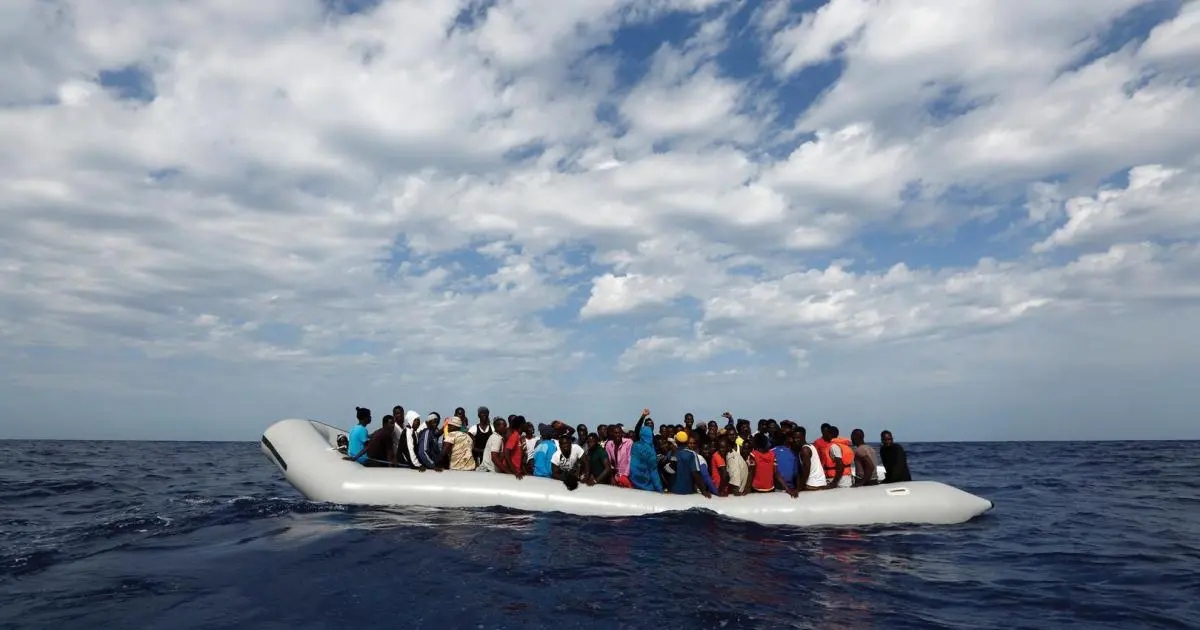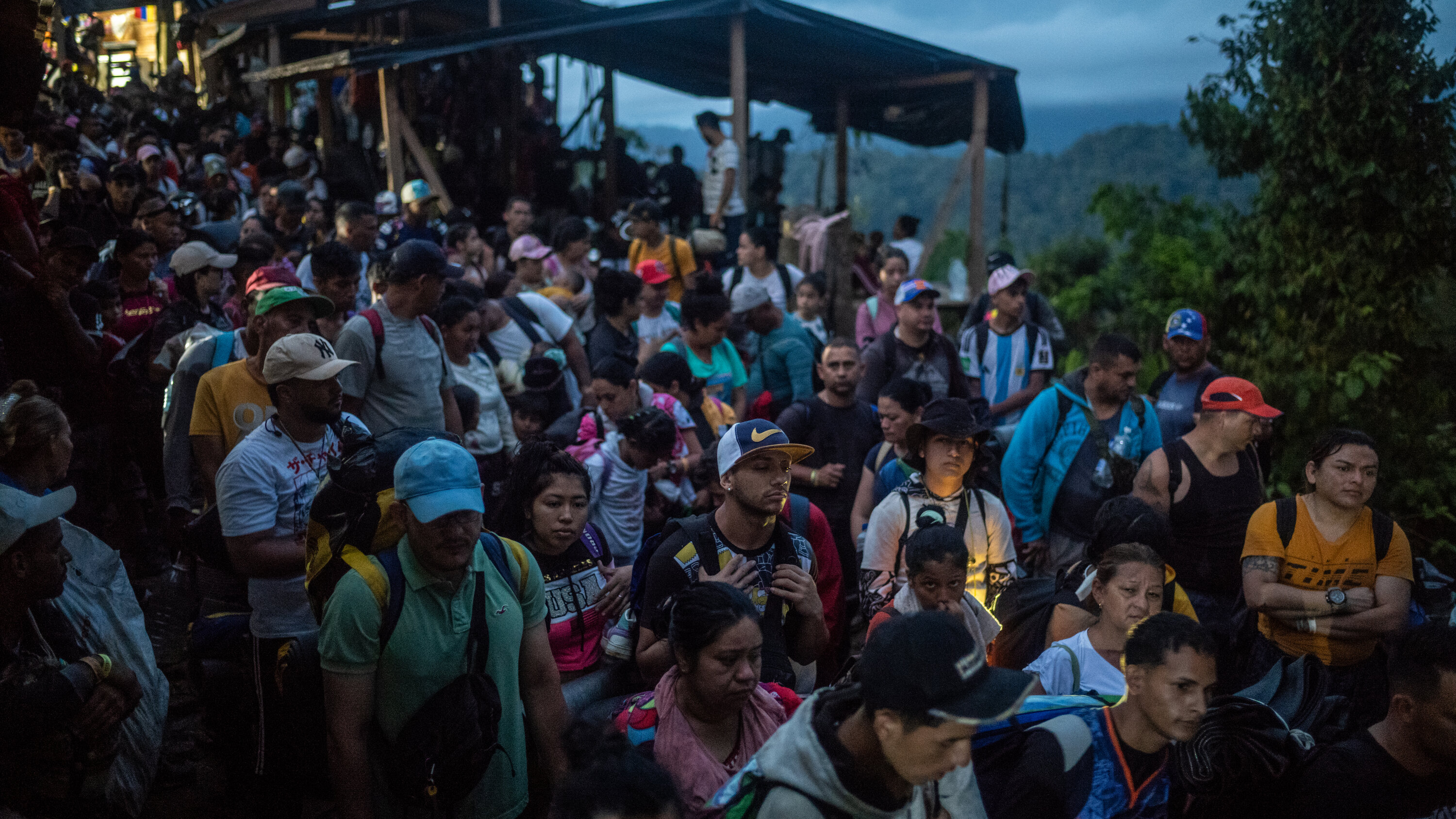Refugee Rentierism: The Cost of Outsourcing Migration
Control
In the 1960s, Iranian scholar Hossein Mahdavi introduced the
"rentier state" concept, referring to countries that generate
substantial income from natural resources rather than through taxation. This
idea has since been adapted to describe a growing trend in global migration
politics known as "refugee rentierism." This term refers to financial
agreements between wealthier nations and countries hosting large refugee
populations, aimed at preventing onward migration. Critics argue that such
deals undermine the international refugee protection system and compromise
democratic values, transparency, and accountability.
According to Gerasimos Tsourapas, a professor of
international relations at the University of Glasgow, refugee rentierism
involves a reversal of traditional rentier state dynamics. Instead of receiving
money for resources others want, host countries are compensated to keep
refugees within their borders - effectively because wealthier nations do not
want them.
This trend has gained momentum as the European Union (EU)
and the United States have increasingly signed agreements to send billions of
euros or dollars to neighboring countries, aiming to curb migration. These
arrangements, however, have profound implications for the refugees themselves,
often exacerbating the conditions that led them to flee in the first place.
For instance, in May 2023, the EU announced a €1 billion aid
package for Lebanon, a country facing severe economic challenges and rising
xenophobia towards Syrian refugees. Critics have labeled this deal as a bribe,
arguing that it does little to address Lebanon’s deep-seated political issues.
Similar agreements have been made with Tunisia, Mauritania, and Egypt,
reflecting a growing reliance on financial incentives to manage migration.
Refugee rentierism is not a new phenomenon. Tsourapas points
out that Jordan may have been the first to engage in such practices, extracting
financial support from the U.S. and other countries in exchange for hosting
Palestinian refugees after the 1948 Arab-Israeli conflict. The EU-Turkiye deal
of 2016, where the EU provided €6 billion to Turkiye to stem the flow of
refugees into Europe, is perhaps the most notable modern example. This
agreement, which effectively ended the 2015 Mediterranean migration crisis, has
been widely criticized for its cynical manipulation of vulnerable populations.
The practice of refugee rentierism extends beyond Europe and
the Middle East. Australia, for instance, has sent asylum seekers to detention
centers in Nauru and Papua New Guinea, providing these nations with billions in
aid. The UK’s controversial plan to send asylum seekers to Rwanda, although not
fully implemented, has already seen Rwanda receive significant financial
compensation.
The impact of these deals on refugees is often devastating.
Human rights organizations have documented widespread abuses against migrants
and asylum seekers in countries that have received EU funds to contain
migration. For instance, in Mauritania, Morocco, and Tunisia, security forces
have reportedly detained tens of thousands of migrants, abandoning them in
dangerous border regions.









